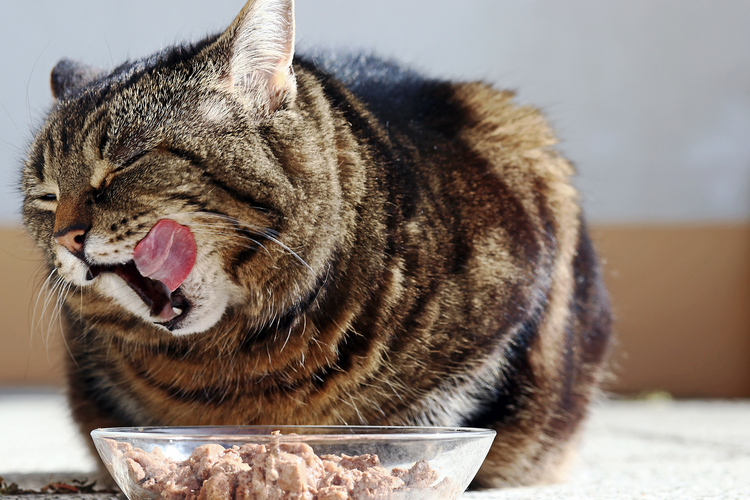Thinking about switching to natural cat food? Discover the pros, cons, and expert-recommended picks to keep your feline friend healthy and happy.
Cats are more than pets — they’re family. And just like any loved one, their health and well-being matter. In recent years, natural cat food has gained popularity among pet parents who want to provide their feline companions with healthier, less processed diets.
But is natural cat food really better? Let’s break down the advantages, disadvantages, and the best brands on the market today.
What is Natural Cat Food?

Natural cat food typically refers to food made with real, minimally processed ingredients, free from artificial flavors, colors, preservatives, and fillers.
According to AAFCO (Association of American Feed Control Officials), “natural” means derived solely from plant, animal, or mined sources — but it does not necessarily mean organic or raw.
Common Features:
- No artificial preservatives (like BHA/BHT)
- Whole meat or fish as primary ingredients
- No by-products or unnamed meat meals
- Often grain-free or with limited grains
Pros of Natural Cat Food
- Firstly, improved digestibility
Natural foods often use high-quality proteins and fewer fillers, which may result in better digestion and smaller, firmer stools. - In addition, better coat & skin health
Diets rich in natural omega-3 and omega-6 fatty acids can improve fur softness and reduce shedding. - Fewer allergens
Many natural cat foods eliminate common irritants like corn, soy, and artificial dyes, reducing the risk of food allergies. - Transparency in ingredients
You’re more likely to know exactly what your cat is eating, which builds trust in the brand.
Cons of Natural Cat Food
- Higher cost
Natural ingredients and better-quality production processes come at a price. These foods can be 30–50% more expensive than standard cat foods. - Not always nutritionally balanced
Some “natural” brands lack essential vitamins or taurine — always check for AAFCO-compliant statements. - Overwhelming choices
The label “natural” isn’t heavily regulated, so not all natural cat foods are truly better — reading the ingredient list is key.
A: No. “Natural” refers to the ingredients’ source, while “organic” means the food meets specific agricultural standards.
A: Yes — just make sure it’s formulated for kittens with appropriate nutrient levels.
A: Gradually mix the new food into your cat’s current diet over 7–10 days to prevent digestive upset.
Final Thoughts
To sum up, natural cat food can be a worthwhile investment in your cat’s health, especially if they suffer from sensitivities or you’re looking to avoid heavily processed ingredients.
However, not all products labeled “natural” are created equal, so do your research and choose trusted brands with clear ingredient lists and AAFCO approval.
Get more cat care tips — join our newsletter for weekly advice and exclusive content!

Leave a Reply